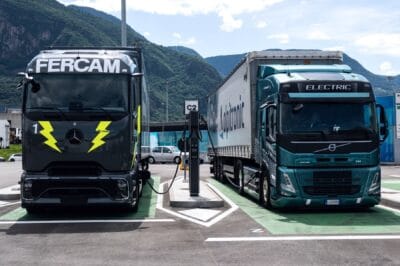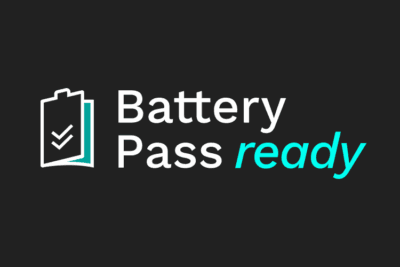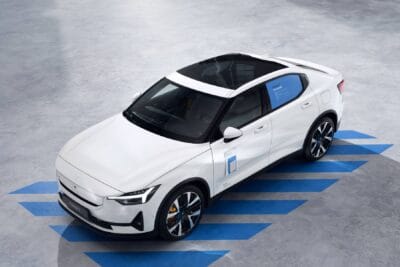European fuel cell project extended for system testing
The European research project INN-BALANCE to develop a new generation of components for fuel cell vehicles has been extended until October 2021 to complete outstanding system tests. The project is dedicated to optimising peripheral fuel cell components.
Since the beginning of 2017, an international project team from Germany, Austria, Sweden, Spain and Switzerland has been working on advancing the series production of fuel cells for the automotive sector – specifically reducing production costs while increasing overall efficiency and service life. The focus is on new functions and concepts for the peripheral parts of the fuel cell (so-called ‘Balance of Plant’ components (BoP)), such as for the supply of hydrogen and oxygen in the fuel cell or for thermal management as well as function monitoring of the entire fuel cell system.
Incidentally, the name of the project stands for “Innovative Cost Improvements for Balance of Plant Components of Automotive PEMFC Systems”. INN-BALANCE is being implemented by the Spanish foundation Fundacion Ayesa in cooperation with the following eight partners: Brose Fahrzeugteile, AVL List, China Euro Vehicle Technology, PowerCell Sweden, Deutsches Zentrum für Luft- und Raumfahrt, Universitat Politecnica de Catalunya, Celeroton and Steinbeis 2i. The project is supported by the European Fuel Cells and Hydrogen Joint Undertaking programme.
The extension of the project is made necessary in part by the impact of the health crisis. “The assembling and testing of BoP components were delayed, due to missing components that could not be shipped to Swedish partner PowerCell in time because of travel restrictions. Furthermore, unexpected integration challenges caused additional delays,” the Steinbeis Europa Zentrum, based in Stuttgart, informs in a press release.
In order to be able to complete the long-term tests, the European Commission granted a nine-month extension for the project. The tests and final evaluation of the project are currently underway in Sweden. Once commissioning and system-level tests are completed in a PowerCell fuel cell test bed, the hydrogen fuel cell system will be integrated into a vehicle by project partner China Euro Vehicle Technology (CEVT), a development centre opened by Geely and Volvo in Gothenburg in 2015, to complete the final vehicle tests.
The Ayesa Foundation is also currently working on a study to optimise manufacturing processes to reduce the cost of peripheral components. Among other things, the aim is to develop a freely available simulation tool that can be used to study the potential for reducing the cost of BoP components through better manufacturing design.
“A comprehensive optimization framework has been developed, which considers both manufacturing, supply chains and fuel cell performance to reduce system costs,” says project coordinator Consuelo Mora Gonzalez. “In addition, a tool is being developed to analyse cost improvements derived from manufacturing-oriented design or/and optimal selection of system’s components, based on the outputs of the optimization framework.” The participants additionally want to present the results of the vehicle tests as well as the most important project results at a final conference in autumn and release the data on a dedicated website.
With reporting by Cora Werwitzke, France.





0 Comments